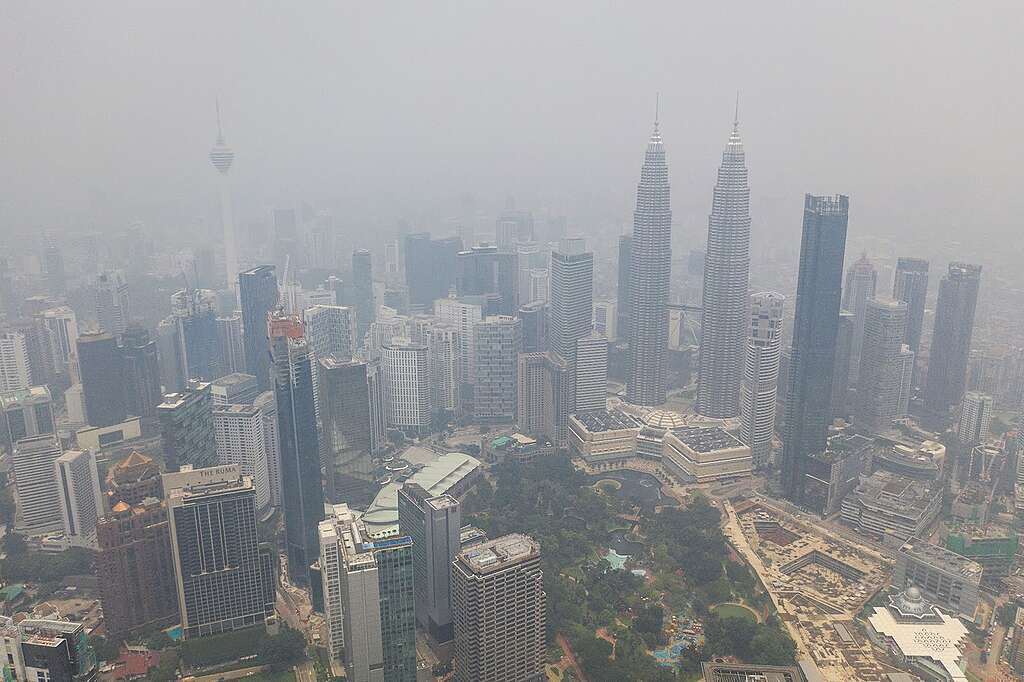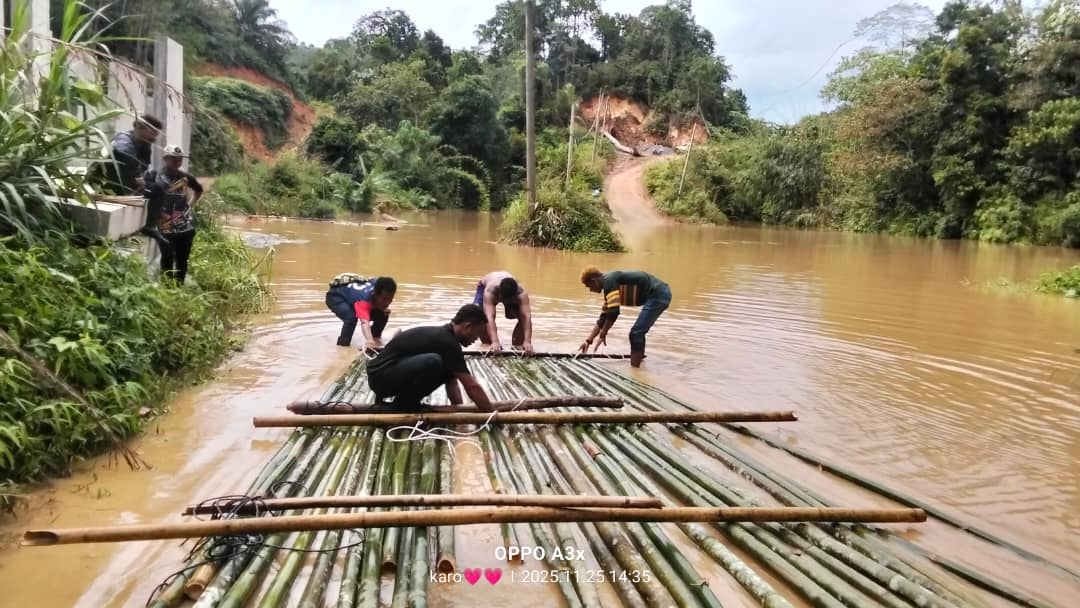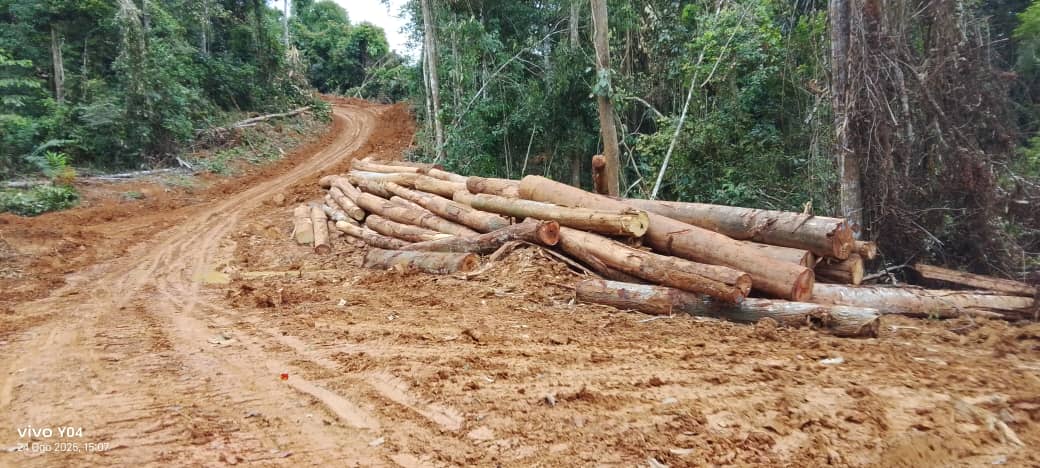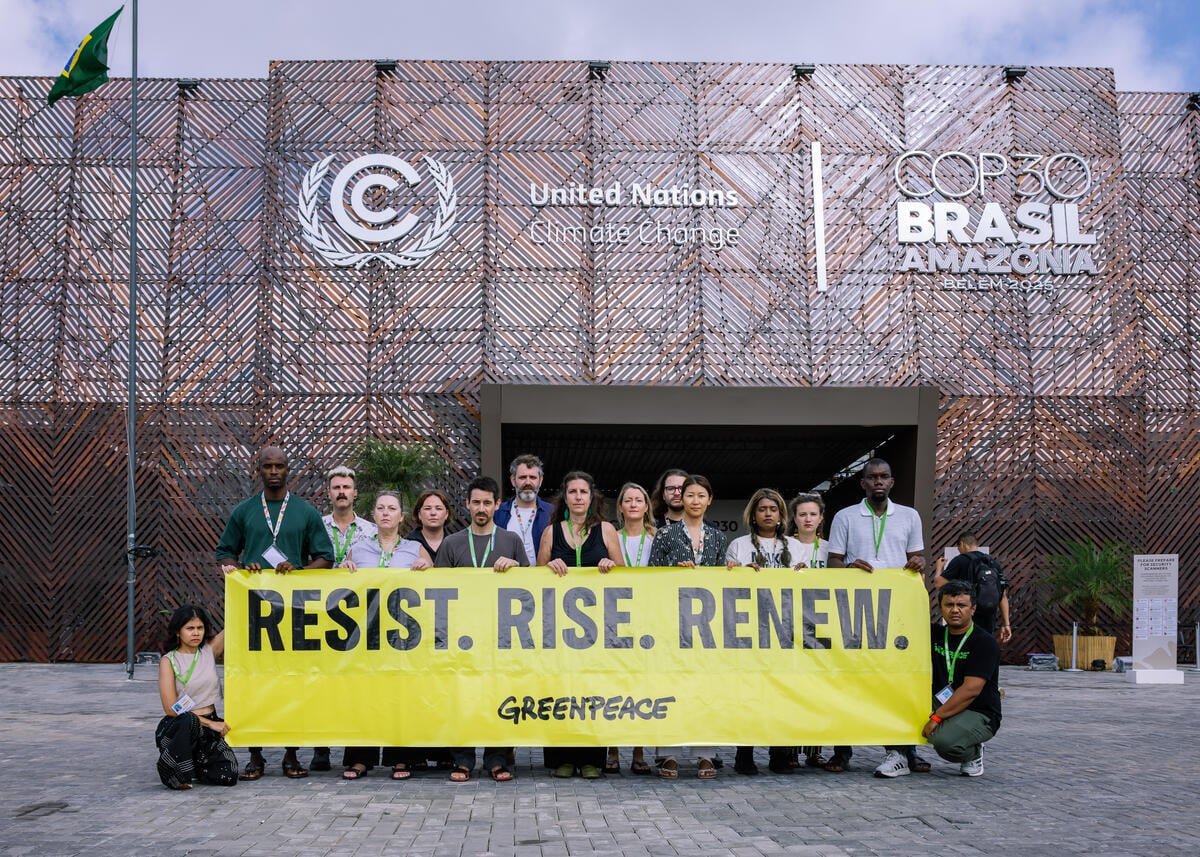
Recently there have been a lot of talk in the news about the impact of oil palm plantations on orangutans. Here are some initiatives the Malaysian government took over the past few years to protect the palm oil industry:
2019: Malaysia launched the ‘Love my palm oil‘ campaign.
2020: The campaign has been rebranded to “Sawit Anugerah Tuhan” (Palm Oil is God’s Gift)
2022: Minister made a comment “if you see an orangutan, the orangutans will kill you first”
2024: Minister wants to introduce “Orangutan Diplomacy” to palm oil trading countries.
However, this issue cannot be solved without addressing deforestation in the region. Deforestation is a disaster for people, biodiversity and our global climate. World leaders and major companies all agree that rainforests must be protected. Stopping deforestation is at the heart of international climate change agreements, this is why we campaign against deforestation. If we do not stop deforestation and forest fires, we cannot stop climate change.
As we’ve always said, we don’t support palm oil boycotts. A general palm oil boycott could make the problem worse, because alternatives can be just as bad for rainforests. Some vegetable oils, including soya, are even more destructive. That doesn’t mean big companies should be let off lightly. But we understand why people see what palm oil companies are doing to Southeast Asian rainforests and don’t want to be a part of it. Our advice is not to walk away but to force brands to take responsibility for the palm oil they use.
Oil Palm isn’t the problem – Deforestation is the problem
The problem is not oil palm plantations, but the palm oil industry’s expansion into rainforests and peatlands. Palm oil is a significant industry for global markets, however deforestation has done severe damage to its reputation. The situation is already serious and will become a crisis if the industry does not act. The future of the palm oil industry depends on palm oil companies adopting a new model of trade based on radical transparency, independent verification and zero tolerance for deforestation and human rights abuses. It is time for responsible palm oil producers to stand up and oppose the minority of bad companies that destroy rainforests and give the rest of the industry a bad name.
Malaysian palm oil industry is an important regional player
Oil palm can be grown without destroying rainforests. Palm oil industries of Indonesia and Malaysia are very closely connected. Malaysia’s palm oil sector should prove that they will not tolerate deforestation any longer. Otherwise, some of the Malaysian-owned companies in Indonesia will contribute to forest fires and transboundary haze in the region, as we saw during the haze crisis in 2015 and 2019.
No Deforestation, Peat, Exploitation (NDPE) policies are good for the palm oil industry
Some of the world’s largest traders and brands have committed to having deforestation-free supply chains that meet their No Deforestation, No Peat, No Exploitation (NDPE) commitments, meaning that they don’t use palm oil, soya, beef, pulp & paper and timber from companies that destroy rainforests. Most major palm oil traders and producers have adopted NDPE policies. NDPE provides a great platform for the industry to reform and repair the damage to its reputation. But the industry’s failure to implement these NDPE policies is doing more damage to the sector’s reputation.
Greenpeace published an investigation into deforestation by 25 palm oil companies. Between them, these companies had destroyed rainforests almost twice the size of Singapore – 130,000ha since 2015. 24 of them were supplying traders with ‘no deforestation’ policies. This is not the first time scandals like this have rocked the palm oil sector. Each new scandal confirms people’s fears that the palm oil industry is rooted in forest destruction and human rights abuses. The palm oil industry must address this challenge head on.

Can palm oil really be sustainable?
Palm oil can be sustainable if we are all about putting in the right checks and balances. For example, Greenpeace works closely with the community palm oil project in Sumatra. The smallholder palm oil project run by the farmers of Dosan village in Riau, Sumatra is demonstrating that deforestation-free palm oil production and protection of remaining rainforests can go hand in hand. Whereas in Sanggau, West Kalimantan, small farmers under Serikat Petani Kelapa Sawit (SPKS) have been doing best practices such as no deforestation, good agricultural practices (GAP), product traceability and fire management. As the Indonesian Palm Oil Smallholders Union has highlighted, there is an opportunity for smallholders to benefit from this if they are given support to document that they are producing palm oil without deforestation. This can be a win for forests and for smallholders.
Greenpeace also played its part, setting up the industry standard for forest protection, the High Carbon Stock Approach, and working to get both Indonesian and Malaysian industries on board. Unfortunately, some traders and brands didn’t keep their side of the bargain.
The Malaysian Government has a role to play
Orangutan diplomacy cannot solve the deforestation crisis. Instead, proving that palm oil companies implement No Deforestation, No Peat, No Exploitation (NDPE) policy can restore the sector’s reputation. Again, the way to repair the palm oil sector’s reputation is to stop palm oil companies destroying rainforests.
Ending forest fires and deforestation in the plantation sector is in everyone’s interests. Having a regional legal framework to hold corporate entities accountable can put bad apples under the spotlight and also help responsible companies prove they are clean. This is because punitive measures such as penalties will only apply to those “bad apples” in the industry.
If Malaysian policy makers agree to fundamental reform, they should address the transboundary haze and forest destruction in Southeast Asia. We hope in the future, everyone will love their deforestation-free palm oil as rainforests are also God’s gift. If you see an orangutan, the orangutan will kiss you first and we don’t need orangutan diplomacy. The Malaysian government can do better to stop deforestation, forest fires and transboundary haze in the region.



